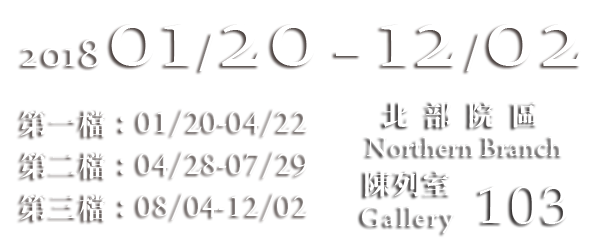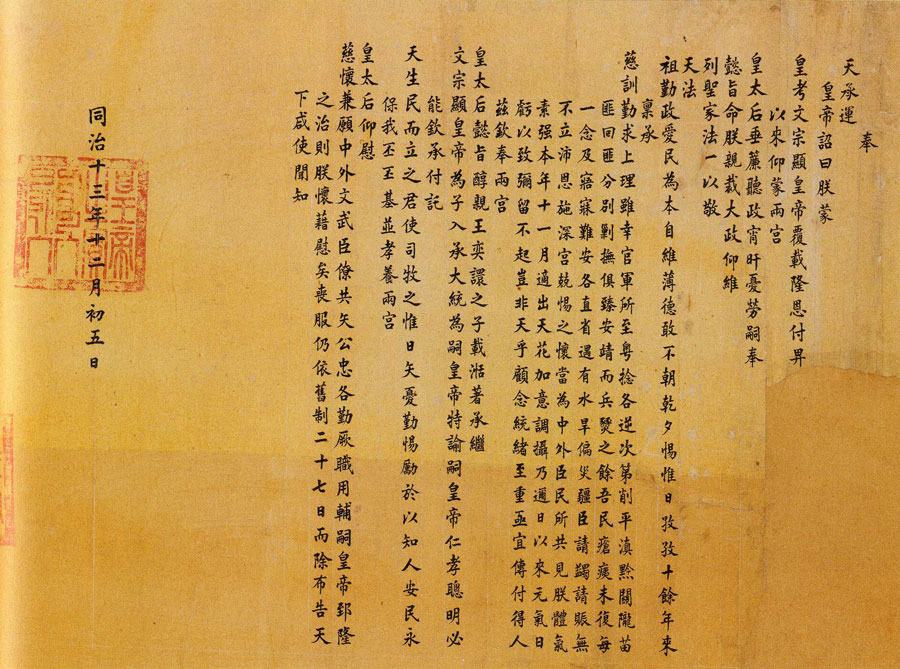Imperial decrees are documents issued by the emperor to inform officials and the general public on the occasion of a major event or ceremony such as ascension to the throne, an imperial marriage, an end to regent rule, a death in the imperial family, abdication, the announcement of an honorific for the empress dowager, and any other matters that the emperor wanted to make known. The emperor could also issue imperial decrees of self-criticism to publicly take responsibility for the people's suffering. Qing dynasty imperial decrees were written in Manchu and Chinese scripts and began with the phrase, "The Emperor, who governs with the Mandate of Heaven, declares that," followed by the actual text of the decree, and ending with "Proclaimed to all under the Heavens, let it be known." Imperial decrees were drafted by Grand Secretariat (Neige) ministers, reviewed by the Grand Secretary, and then presented to the emperor for final approval and promulgation. Decrees might differ in content, but what they have in common is that each announces a major event. The decrees selected for this section of the exhibition reveal a variety of interesting events taking place during the Qing dynasty.
:::

